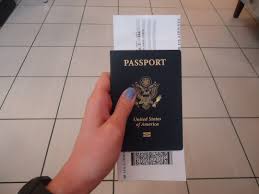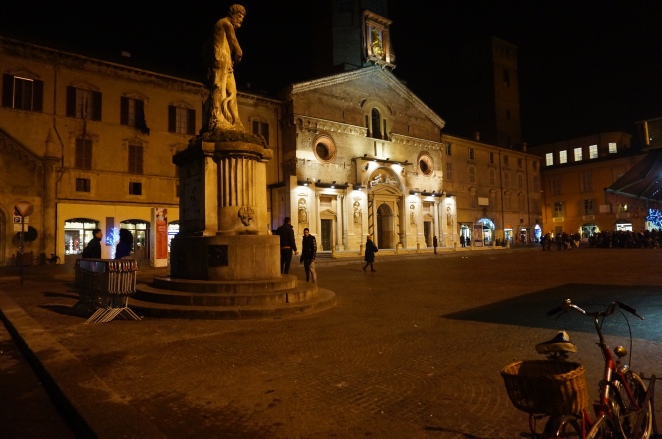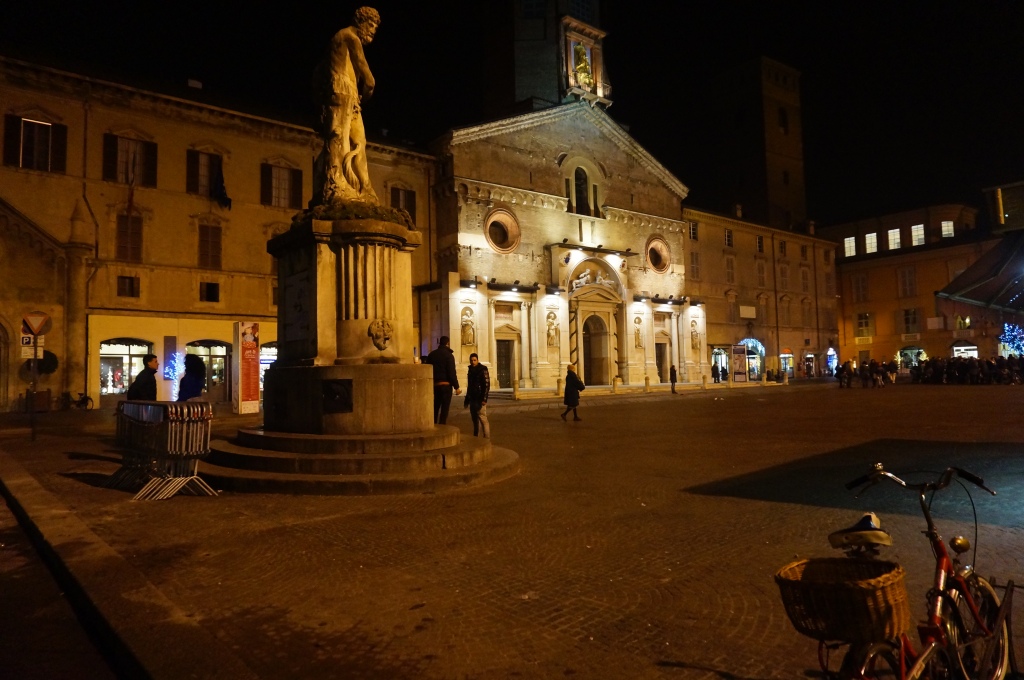Hello!
Remember me?
I haven’t blogged in about..oh 8 months?! I’ve been so busy with nonstop school..and I’m currently on fall break when I remembered..I have a blog! Why not give it another shot (and hopefully stick with it longer)? I wanted to write about my study abroad experience sometime so I figured this would be a good time to start! I studied abroad a year ago from August to mid-December in Italy. I thought I would start off with some tips, and eventually do some more articles on various details of traveling. I would also love to do an article specifically about Italy and tips for living there. This is probably my favorite topic to talk about, so this may get lengthy (so feel free to skim through).
I wanted to write about my study abroad experience sometime so I figured this would be a good time to start! I studied abroad a year ago from August to mid-December in Italy. I thought I would start off with some tips, and eventually do some more articles on various details of traveling. I would also love to do an article specifically about Italy and tips for living there. This is probably my favorite topic to talk about, so this may get lengthy (so feel free to skim through).
Scroll down to read!


STUDYING ABROAD AS A BROKE COLLEGE STUDENT
- APPLY EARLY– I was that student that turned in the applications on the literal date they were due which created a lot of unnecessary stress. Just get it done! You will feel so much more relaxed and ready for this experience. Fun fact: I didn’t know that the day I would return to the states wouldn’t work with my spring semester start date for the first location I applied to in Sweden, so I had to do a last minute switch to Italy. It made for some sleepless nights and lots of hoping I wasn’t too late.
- Do your research on financial aid– This is another instance of Megan procrastinating, and I missed several deadlines for large scholarships. I suggest focusing on the scholarships from your school’s study abroad office, and also ones offered through your program. The giant websites online are much more difficult to win a scholarships, such as scholarships.com (but still try!).
- Find programs that allow you to use your current financial aid and scholarships- This was KEY to me being able to study abroad. My university allowed me to use all my scholarships I was already using for tuition and fees, so I barely paid anything. This wouldn’t have been possible if number 4 (see below) hadn’t been taken into play. Also, if you haven’t qualified for FASFA in the past, don’t give up on trying again. You may be surprised!

- Choose a program in YOUR budget- When I first started thinking about studying abroad, all these different programs were thrown at me. Some cost as much as $30,000 a semester! Isn’t that crazy? Affordable programs such as USAC (the program I went through) and ISA are more in reach for most students budget-wise. I know that fancy program with several exciting trips and seemingly-life-changing-excursions thrown in sounds fun, but you can organize this all yourself for much less!
- Don’t give up on your preferred location…but be realistic- Maybe you REALLY want to study abroad in a big city such as London (as I did at first) or Paris or Berlin or Tokyo or Sydney or Moscow (you’re getting the hint), but the price tag is big as well. Try looking into programs with locations in smaller cities still within the country. I studied in a smaller city in Italy and it was AMAZING because it was authentic! No tourism and outsiders had changed the city yet, and everything cost less than in Rome, for example.

- Keep in mind the exchange rate- Especially if you’re planning on going across the pond..when I visited London I cried a little every time I withdrew money from the ATM (RIP my bank account). Don’t forget you’ll be purchasing food and everyday expenses like transportation, so be sure to budget this in. However, the exchange rate may be in your favor for other places so this could help you!
- Make an Excel sheet with your expected budget- This helped me see everything and ESPECIALLY helped me convince my parents that I had worked everything out.
- Consider getting a back up source of money- I got a credit card to use in case my debit card was stolen or not working. I never needed to use it, luckily, but it was nice to know I won’t be stranded if something happens. Basically, plan for the worse and hope for the best.

- Don’t bring over tons of cash (in US currency or their currency)- A little bit would be great in case your card doesn’t work right away at the ATM in your arrival country. However, bringing too much just means you have a lot more to lose and could make you a potential target if anyone notices your wallet. I didn’t bring over any euros because I had trouble finding a bank that could do this for me, and I had no problem.
- Last but not least…plan on spending more than you expected- You’re there to study, yes, but come on. You’re going to be in a YOLO mind set and want to try everything. There’s new foods, places, fashion, and drinks you’re going to want to try. I ended up traveling much more than I expected and spent most of my budget on plane and train tickets (but it was totally worth it in my opinion).
Well…that was all of my financial tips I can think of. Hopefully that made sense! If you have any questions at all don’t hesitate to ask me in the comments. I would love to help 🙂
Good luck and bon voyage!
-Megan

